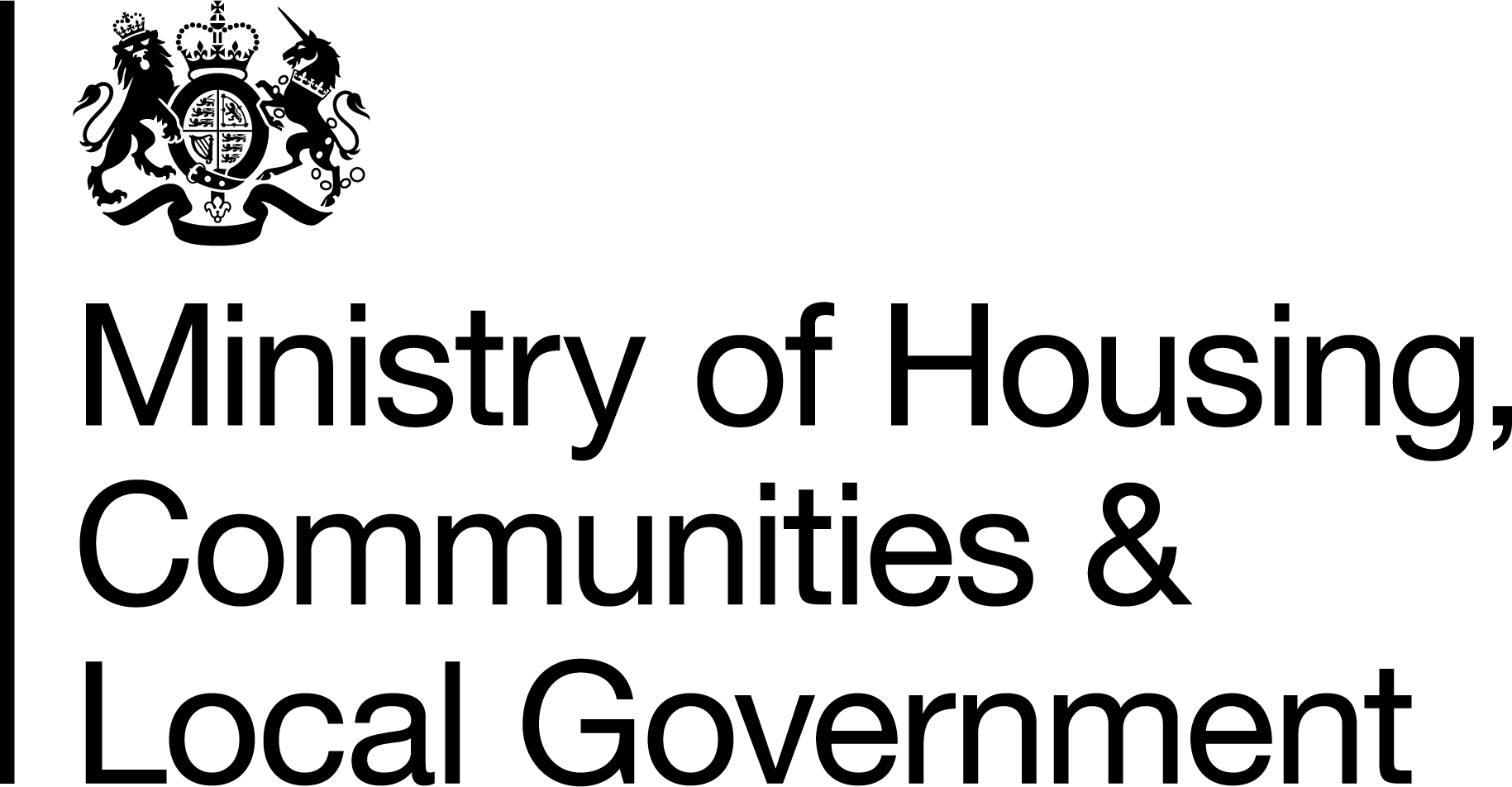Consultation on the Future of the IFRS 9 Statutory Override
Overview
The Department for Levelling Up, Housing and Communities (the Department) has policy responsibility for local authority accounting. In practice, under the Local Authorities (Capital Finance and Accounting) (England) Regulations 2003 (the Regulations) authorities must comply with the accounting practices set out in the Code of Practice on Local Authority Accounting (the Code) prepared by the CIPFA LASAAC Local Authority Accounting Code Board (the Board). The Code is reviewed continuously and is issued annually.
The government can also set accounting practices to be followed by local authorities by making provisions in the Regulations, under powers provided by the Local Government Act 2003 section 21. Where the practices set out in Regulations differ from those in the Code, authorities must follow the Regulations. Such provisions are referred to as ‘statutory overrides’, and are normally only introduced by the government in strictly limited circumstances where they are absolutely necessary.
In 2018, following concerns from the sector regarding the adoption of International Financial Reporting Standard 9 (IFRS 9) into the Code, the government introduced a statutory override to mitigate the risks highlighted by the sector. At that time, authorities had expressed concern that reporting changes brought in by IFRS 9 would mean that the fair value movements in certain assets would need to be reflected in budgets. This would have particularly affected investments in pooled investment funds, a type of investment widely held in the sector. Authorities argued that the increased volatility to budgets could impact service delivery or place undue burdens on council taxpayers.
The statutory override mitigates these putative risks by requiring authorities to remove the impacts of the fair value movements of pooled investment funds from their budgets and record them in an unusable reserve. The statutory override was time-limited to five years, from 1 April 2018 and ending 31 March 2023. At that time, the government said that it would keep use of the statutory override under review but made no further commitments.
Why your views matter
The government is now carefully considering the available options. These are: to allow the existing statutory override to expire; extend the statutory override for an additional period of time; or make it permanent. In making this decision it is important that the government fully understands the potential financial and other impacts that each option will have on the sector and to consider alongside other issues such as adherence to accounting practices.
It is the aim of this consultation to collect the views of authorities and other stakeholders, and to collect additional information needed to understand the financial risks associated with both continuing the statutory override or allowing reversion to the Code.

Share
Share on Twitter Share on Facebook